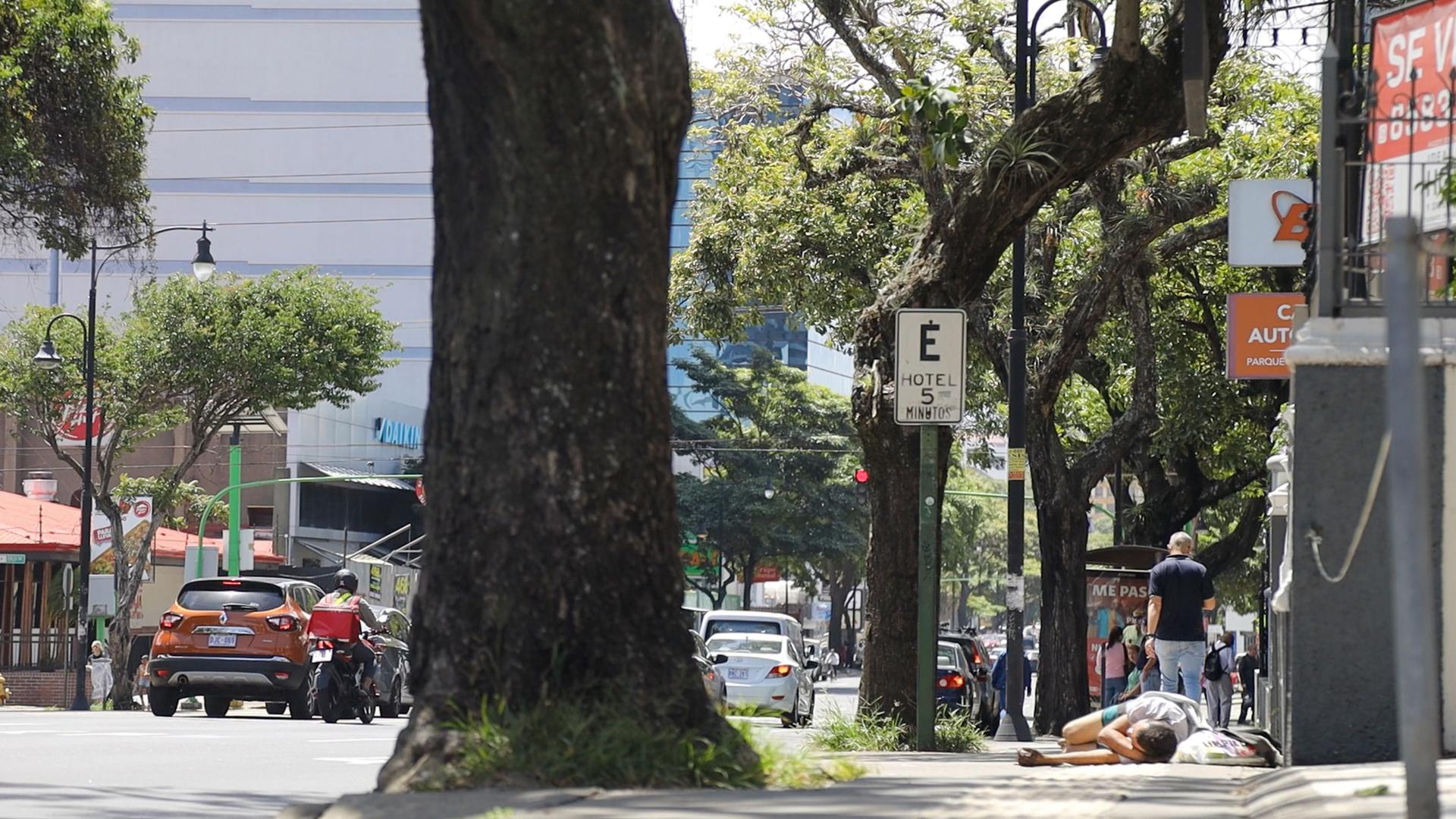At the Cahuita National Park, a Y-shaped nature reserve on Costa Rica’s southern Caribbean coast, foreign tourists rave about their experiences here.
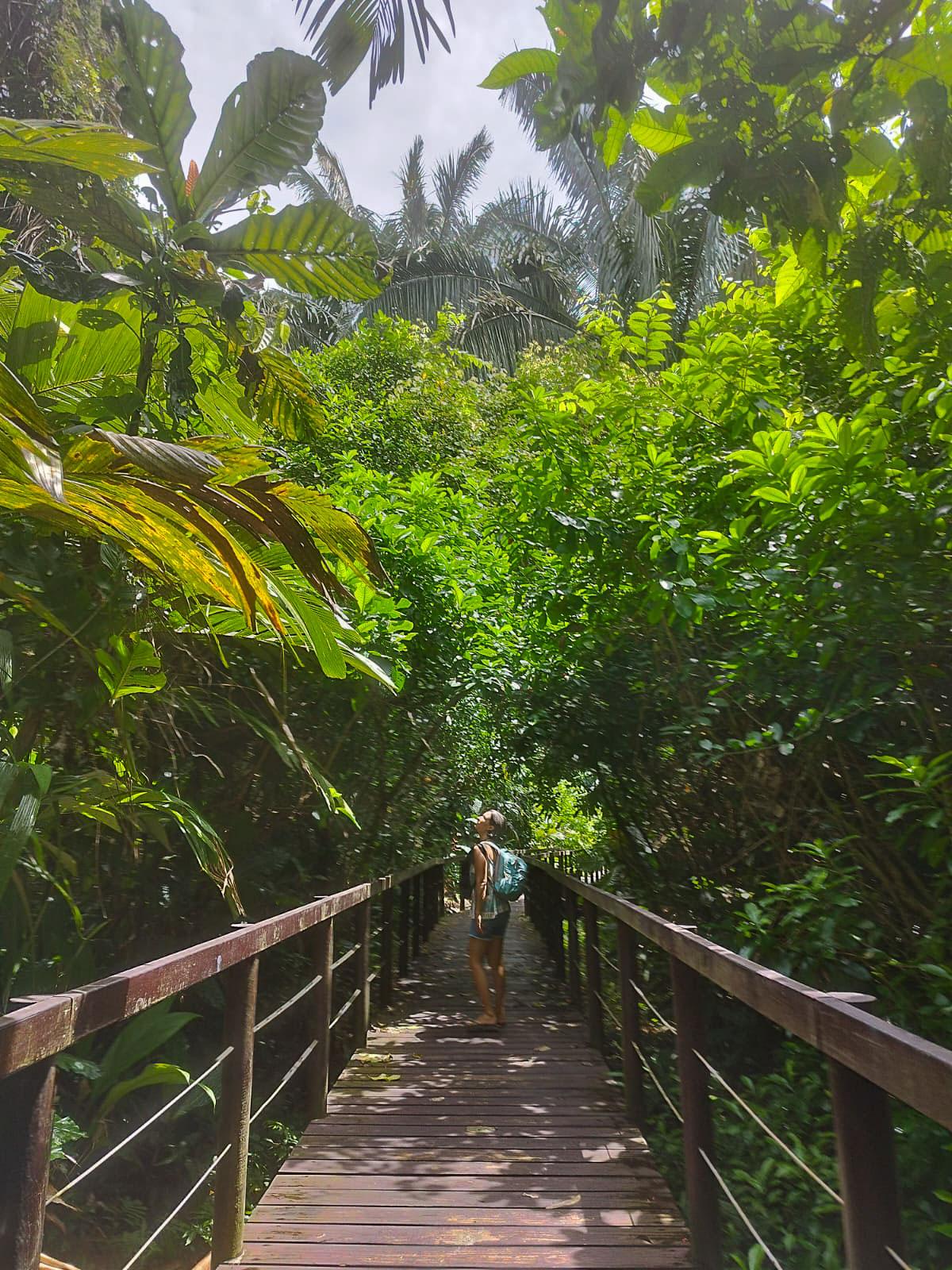
Among the huge banak and mangrove trees, surrounded by monkeys and birds, it’s easy to feel appreciation for the natural beauty. Nearly a third of the land here is protected by nature reserves.
Costa Rica is all about “nature, freedom, relaxation, and adventure,” said Marta Rodrigo, a Spanish tourist visiting the national park.
But in downtown San Jose, Costa Ricans say that’s not their reality. Rising poverty, unemployment and inflation have plagued the country. Every few blocks, a person is passed out on the street.
“The situation is hard,” said Alba Iris Murillo, who runs a flower shop downtown. “There is no access to work. There are too many immigrants. So it’s hard to get work for them and for others.
University of Costa Rica political scientist Adrian Pignataro said that while the country abolished its military in 1948, the image of a peaceful, egalitarian and perfect Costa Rica is just a myth.
“In terms of international conflicts, it’s peaceful,” he said. “But if you look at households, the high femicide rate shows the exact opposite reality. This is not a peaceful country. On the streets, violence is everywhere.”
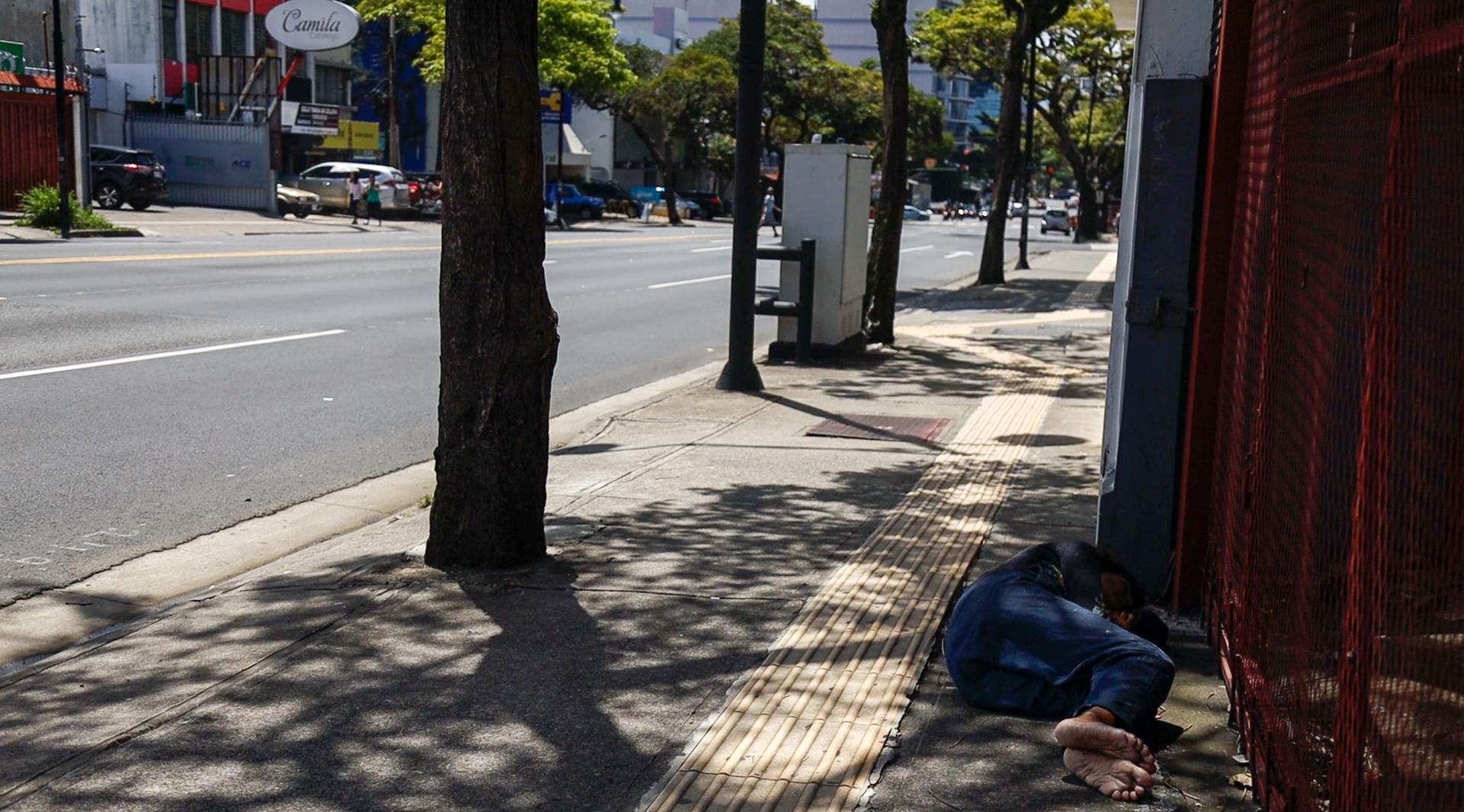
The number of homicides is at a record high, spiking 40% over the last year.
“You have to be looking over your shoulder,” said Eduardo Alvarado, a retired pensioner.
“I’m armed when I go out, because you never know. They robbed my house, 4:30 in the afternoon. And they took all I had. I reported it to the police. And they didn’t do anything.”
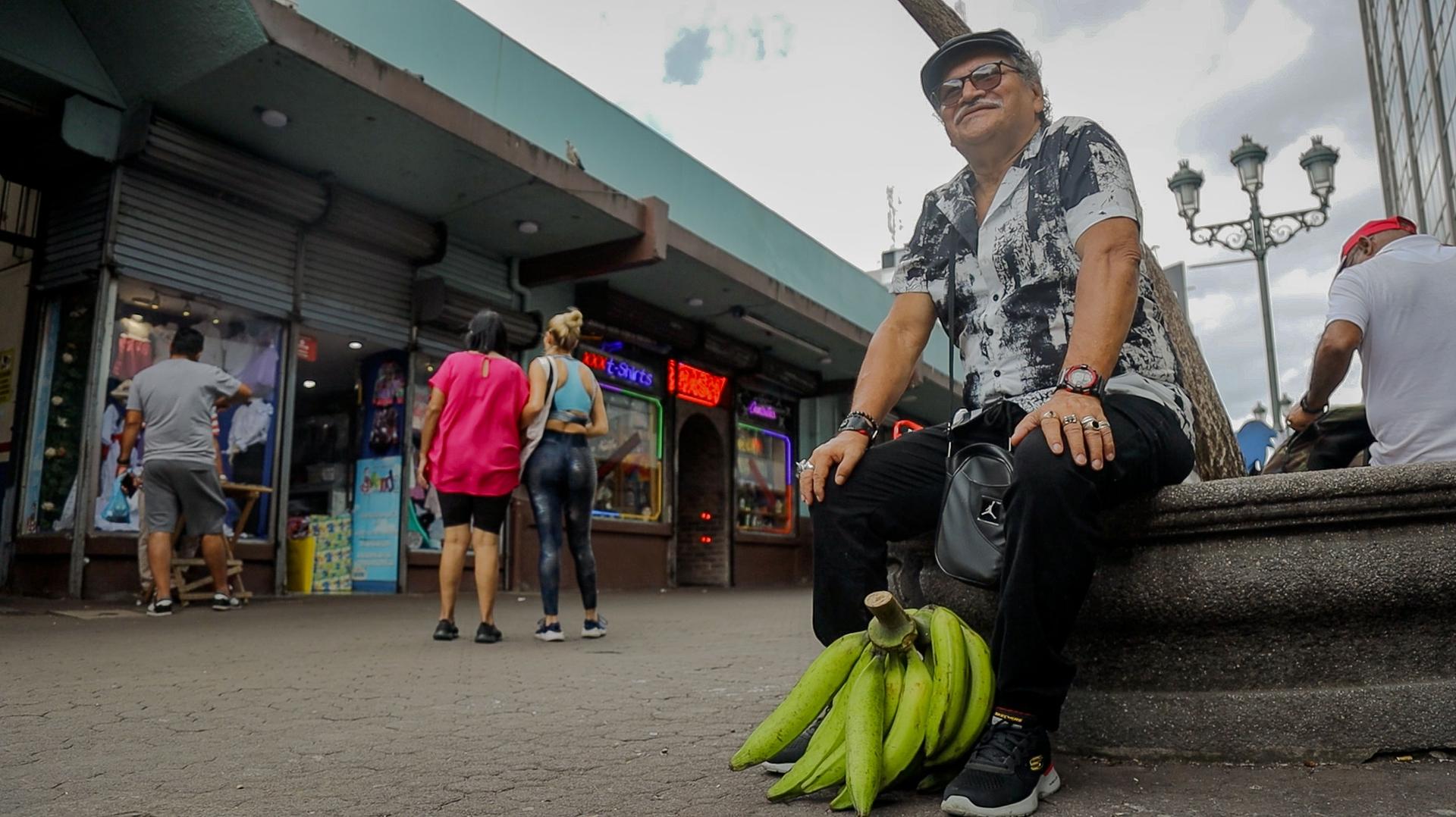
Alvarado voted for the country’s new president, Rodrigo Chaves, last year. He hoped Chaves would set the country right.
The former World Bank executive studied in the United States and fashioned himself after former President Donald Trump.
“[Rodrigo Chaves] fits into this wave of outsiders who came to power with radical, nationalist populist discourses,” political scientist Pignataro said. “Above all, in the way he seeks to antagonize opponents and throw out controversial statements.”
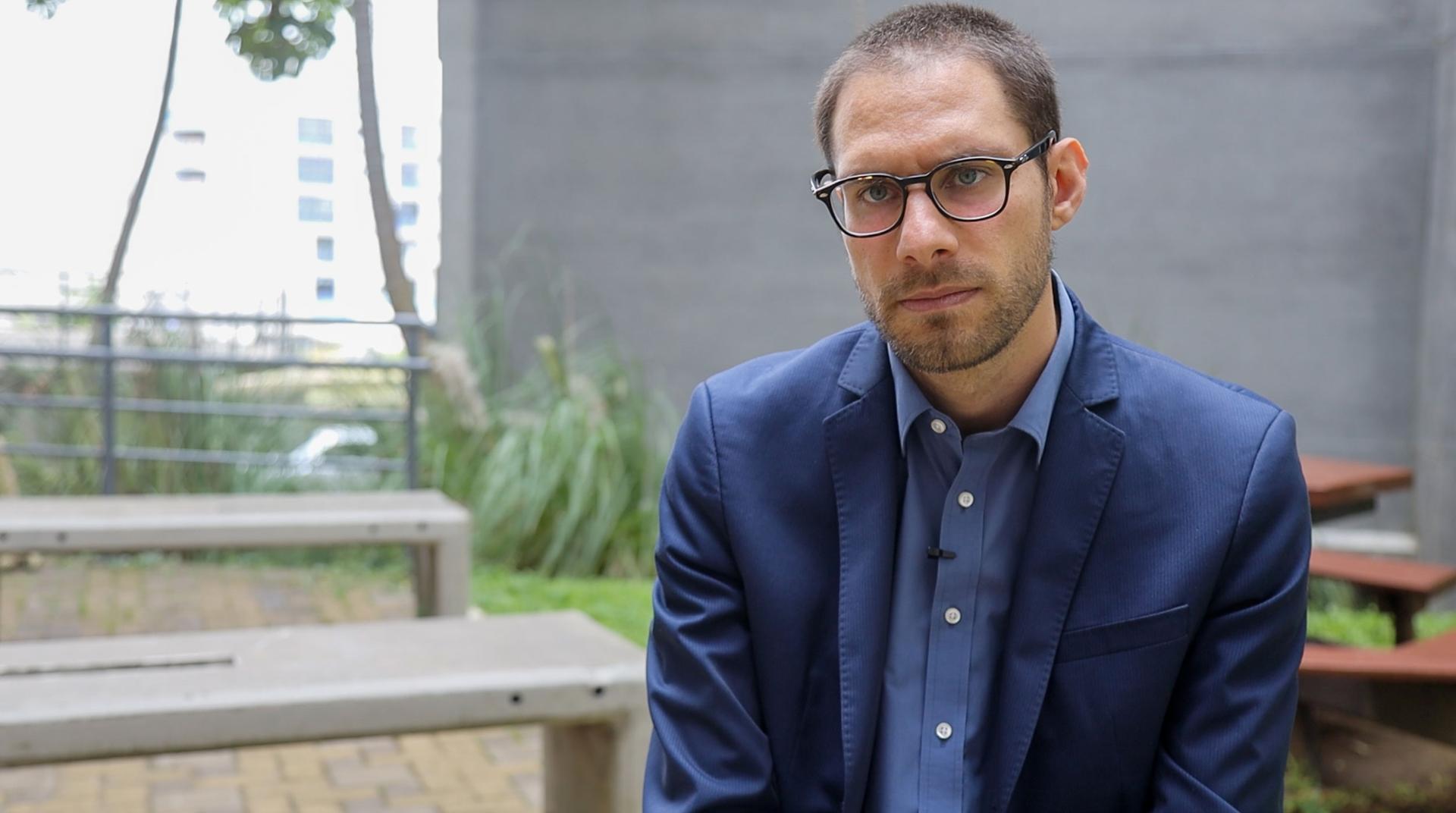
Chaves promised to fight corruption, fix the economy, roll back public services and push back on crime. He has also attackeduniversities, threatening major cuts to public institutions, andthe media, accusing journalists of being political hitmen.
“I voted for the president and I know he’s trying to improve the economy,” said Mauricio Agüero Segura, a taxi driver in the capital, San Jose. “Because after the pandemic, many businesses went under.”
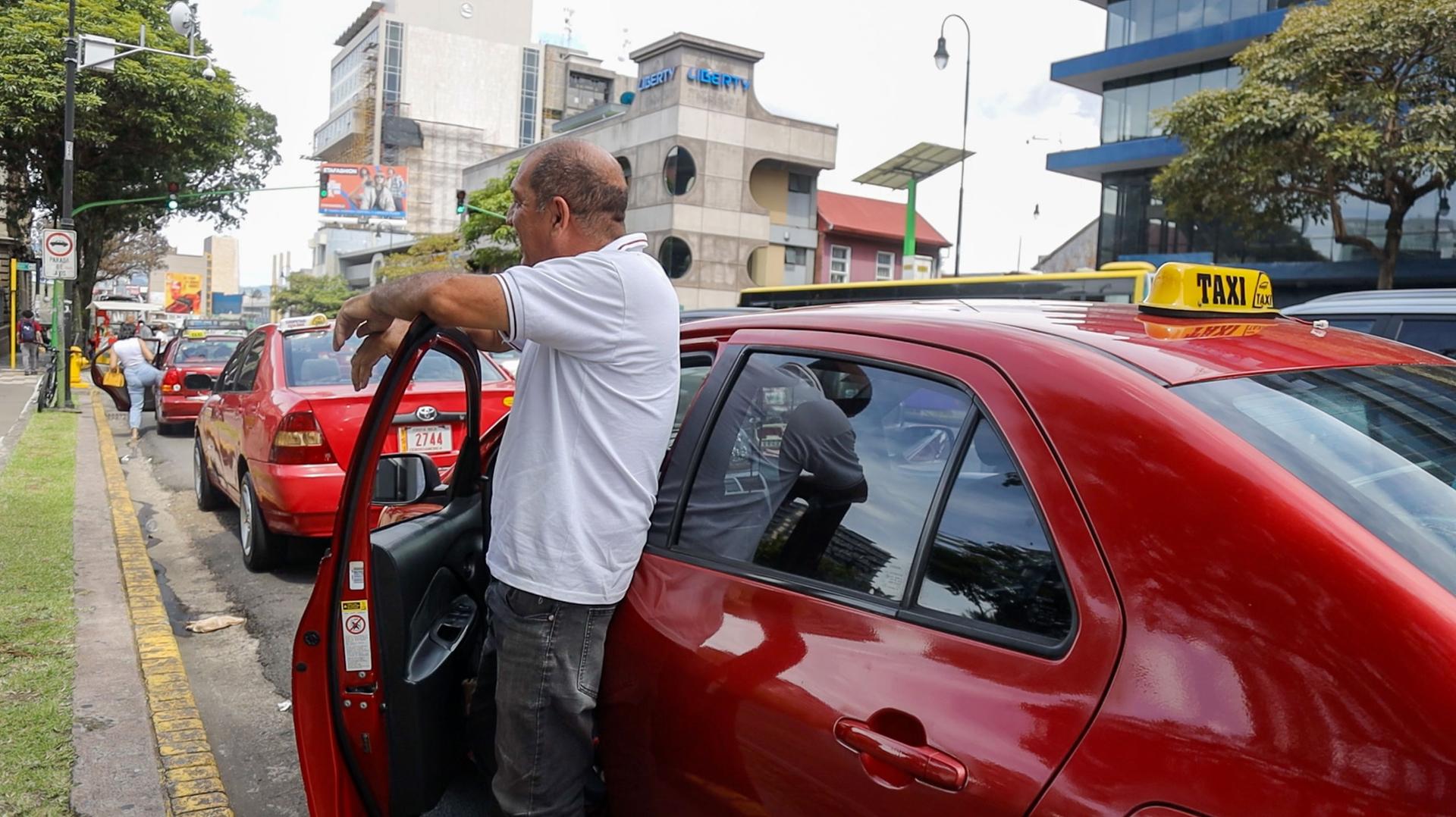
Chaves’s approval rating is 71%, the fourth highest in the world, according to a June study. Earlier this year, supporters rallied in his defense in front of the country’s Constitutional Court, which has blocked Chaves in several key issues.
Many Costa Ricans are concerned about Chaves’s tendency for authoritarianism.
“Chaves is revealing characteristics that are really worrisome for the democratic norm of the country,” said Rotsay Rosales, a political scientist at the University of Costa Rica. “He’s spreading fake news. He’s utilizing polarization to divide the country, into an us versus them. And that’s led to rising levels of intolerance.”
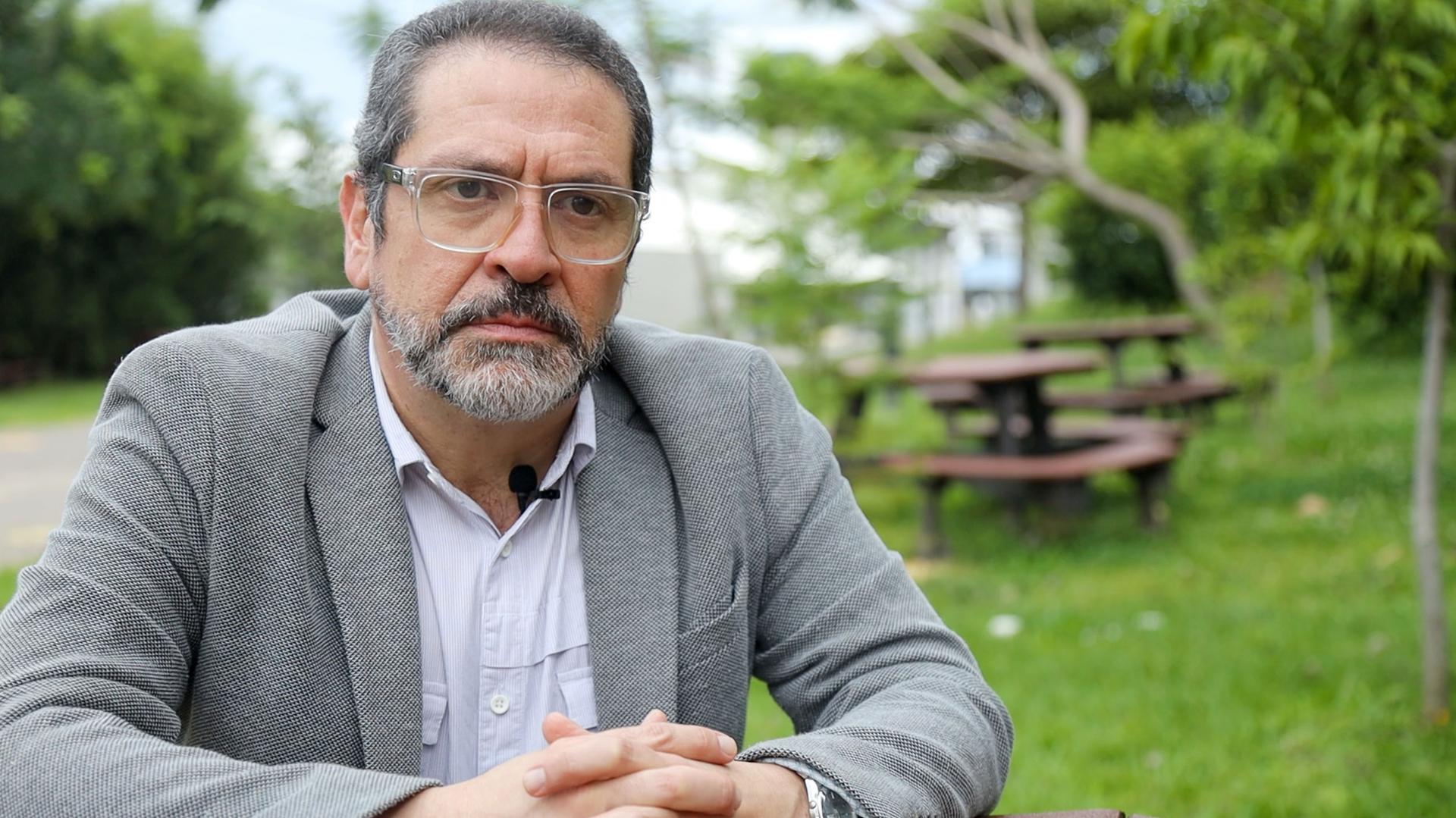
Hate speech and discrimination online in Costa Rica has risen over 250% over the last two years, according to a recent report.
Rosales said Chaves’s rise was not inevitable, but it was only a matter of time before someone like Chaves showed up.
“Within 30 years, Costa Rica went from being one of the top countries in Latin America for wealth distribution to being one of the four most unequal in the region,” he said.
“And that has created fertile ground for the arrival of a messiah-like caudillo [strongman] who offers to give power back to the people.”
Through it all, however, Rosales said, the myth of the democratic, peaceful, predictable and green Costa Rica, helped the country to sell its image of stability for the world.
An image that is still embraced abroad — despite the reality.
